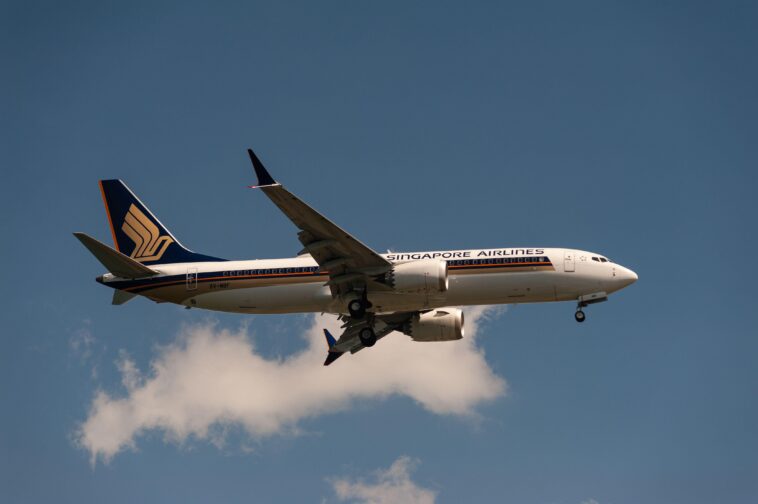The local stock market continued its upward trend on the day of July 8, following the declaration by Washington of a new tranche of trade tariffs on fourteen nations, excluding Singapore in the process. This series of events saw the Straits Times Index (STI), consisting of highly-capitalize firms, rise slightly by 0.4 per cent, or an equivalent of 16 points to reach a total of 4,047.86.
Subsequently, within the broader marketplace, the number of securities that recorded gains exceeded those that registered losses by a margin of 321 to 197. A total of 1.5 billion securities exchanged hands with a total valuation of $1.7 billion on this day.
Out of the countries in Southeast Asia, six received correspondence from the US President, Donald Trump, outlining the new set of tariffs. This development was in line with previous predictions of a projected variance in the tariff rates across the region.
For Thailand and Indonesia, their reciprocal tariffs remained consistent with the figures that the US had previously declared on the 2nd of April. Nonetheless, Malaysia was subject to an adjustment in tariff rates, facing an increased levy in contrast to previous announcements.
This adjustment was viewed with disappointment, given the extensive efforts that Malaysia had placed in the course of its negotiations with Washington. On the other hand, Vietnam observed a significant reduction in tariffs, with the rate diminishing from the former level of 46 per cent to the new level of 20 per cent.
Analysts weighed in on the updated tariffs, noting a variety of implications for the nations of Indonesia, Malaysia, Thailand and Vietnam. Although the tariffs will remain up for review and revision up until they come into effect on the 1st of August, it’s argued that the exposure to risks on economic growth remains substantial.
In light of these updated tariffs, analysts have revised their projections for the annual growth rate of these countries’ gross domestic product (GDP) for the year 2025. For Malaysia, their growth prediction has been reduced from 4.3 per cent to a more conservative figure of 3.9 per cent.
Similarly, for Thailand, they have downgraded the growth expectation from 2 per cent to 1.8 per cent. For Vietnam, in response to its tariff reduction, they decided to be more optimistic, increasing their growth projection from 5.5 per cent to 6.3 per cent.
However, for Indonesia, they have elected to retain their initial GDP growth forecast for 2025, at 4.7 per cent, having deemed no reason for alterations based on the latest tariff developments.
Within the STI, the company ST Engineering emerged as the main benefactor of the day’s trade, observing its stock value mount by 5 per cent, an equivalent of 39 cents, concluding the day at $8.21.
Conversely, Mapletree Logistics Trust did not fare as well, recording the day’s most significant decline. Its share price dipped by 2.6 per cent, or three cents, to settle at a final rate of $1.14 at the day’s closing.
The effects of the day’s events went beyond the local bourse, influencing regional markets in varying degrees. These markets registered mixed reactions to the developments in their respective closing figures.
Specifically, South Korea’s Kospi index closed the day on a high note, recording a healthy increment of 1.8 per cent. Similarly, Japan’s Nikki 225 showed a slight but positive change, rising by 0.3 per cent.
However, in the case of Malaysia, the developments of the day resulted in a reduction in performance, with the KLCI index declining slightly by 0.5 per cent. This downturn is possibly due to the new tariff rate changes announced by the US.
As such, while the imposition of new tariffs by Washington has caused a stir among several economies in the region, the outcome within the markets has proven to be a mixed bag, with each index reacting in its unique way.
Ultimately, with the final tariff rates still subject to negotiation until their implementation on August 1st, this will remain an area of interest within financial markets in the coming weeks.

